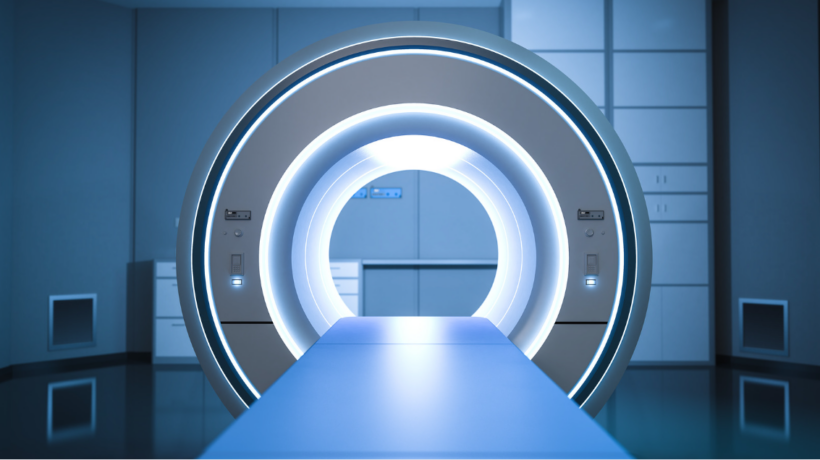MRI vs. CT Scan: Why Did My Doctor Choose This Test?

When your healthcare provider orders an imaging test, you might wonder why they chose an MRI or a CT scan. Each test serves a specific purpose in helping your doctor diagnose and treat medical conditions. At Diagnostic Imaging Northwest, we’re here to explain why your provider selected the test they did and to help you feel prepared for your appointment.
Why Did My Doctor Order an MRI?
An MRI (Magnetic Resonance Imaging) is used to capture detailed images of soft tissues like muscles, ligaments, and organs. Your provider may have chosen an MRI to:
- Examine brain and spinal cord conditions, such as multiple sclerosis or herniated discs.
- Assess soft tissue injuries like torn ligaments.
- Diagnose joint abnormalities or detect organ problems like liver or heart issues.
Since MRIs don’t use radiation, they’re a safe choice for long-term monitoring or follow-up exams.
Why Did My Doctor Order a CT Scan?
A CT (Computed Tomography) scan is ideal for capturing detailed images of bones, blood vessels, and internal organs quickly. Your provider may recommend a CT scan to:
- Detect bone fractures or joint damage.
- Evaluate internal bleeding or trauma-related injuries.
- Diagnose conditions such as appendicitis, kidney stones, or lung disorders.
CT scans are especially valuable in emergency situations because they provide rapid and critical diagnostic information.
What Happens During the Test?
MRI: You’ll lie on a table that slides into a large, tube-like machine. During the scan, you may hear thumping or humming noises, but don’t worry—our staff will provide earplugs or headphones to keep you comfortable. The test usually takes 30-45 minutes, but plan for up to 1.5 hours for registration and preparation.
CT Scan: For this quick and painless procedure, you’ll lie on a table that moves through a donut-shaped machine. While the scan itself only takes a few minutes, expect to spend 10-30 minutes in the imaging room, depending on the type of exam.
Do I Need to Prepare?
MRI Preparation:
- You’ll likely be asked to change into a gown to prevent interference from metal in your clothing. A secure locker will be provided for personal items such as jewelry or keys.
- If you have a pacemaker, stent, metallic implant, or other medical devices, inform our staff beforehand to ensure your safety.
CT Scan Preparation:
- Wear loose, comfortable clothing, but you may also be asked to change into a gown depending on the area being scanned.
- For exams involving IV contrast, avoid eating for four hours before your appointment. Clear liquids, however, are allowed.
Are There Any Risks?
MRI Safety: MRIs do not use radiation, making them a safe option for most people. However, patients with certain metallic implants or devices should consult with their provider before the exam.
CT Scan Safety: CT scans involve minimal exposure to radiation, which is carefully managed to ensure patient safety. The benefits of accurate diagnosis far outweigh the small risks associated with radiation.
At Diagnostic Imaging Northwest, we are committed to your comfort, safety, and peace of mind. If you have any questions about your upcoming imaging test, feel free to contact us—we’re here to help every step of the way.
